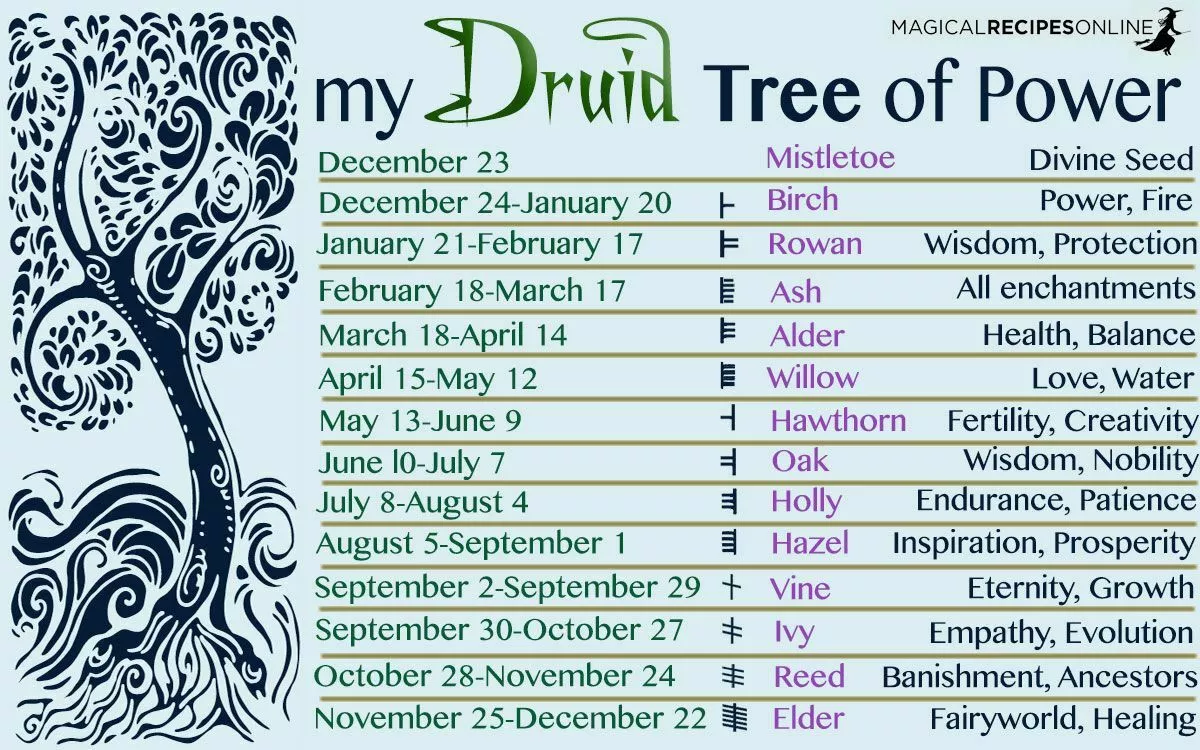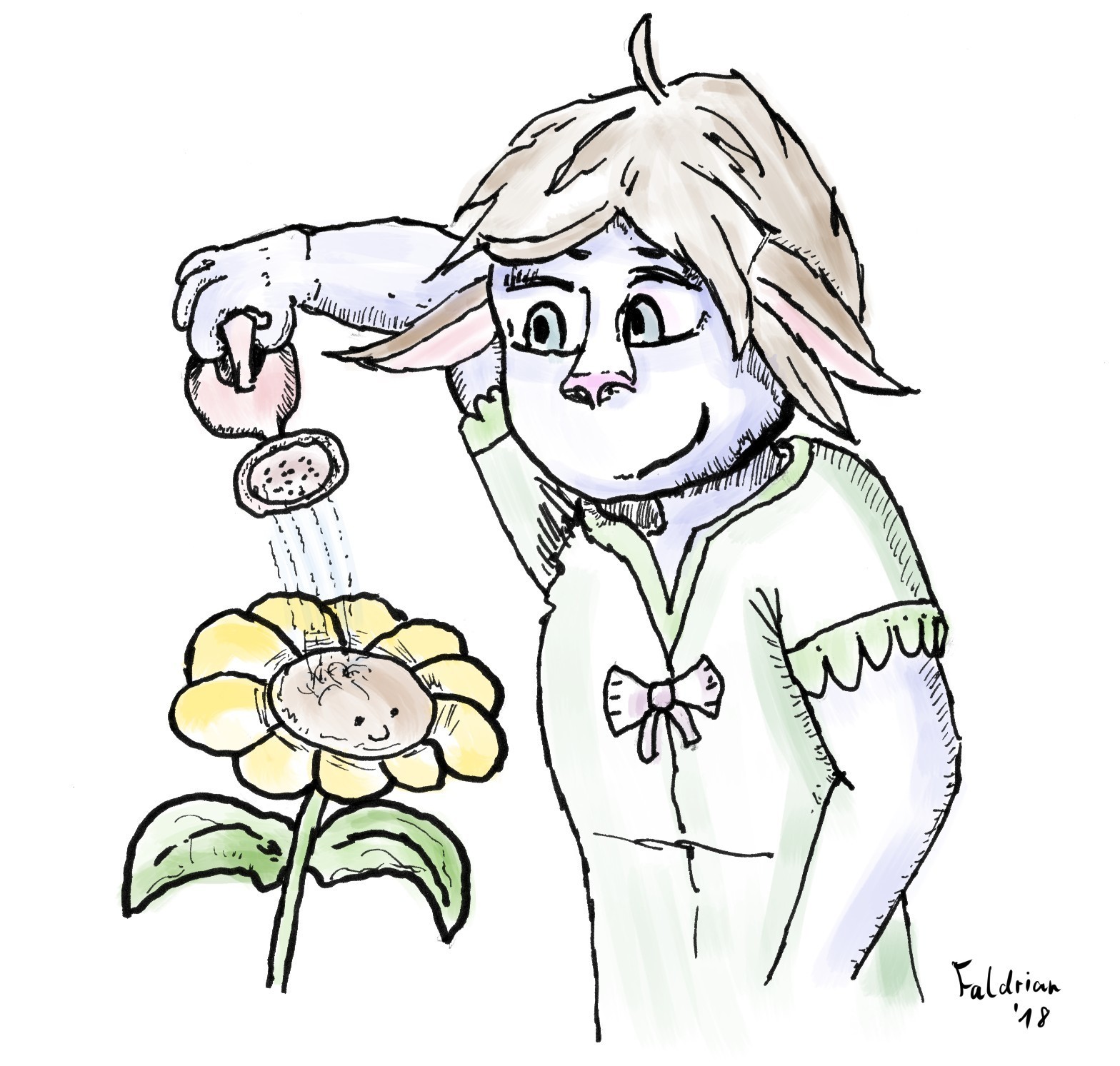#Druid (n.)
"one of the order of priests among the ancient Celts of Gaul, Britain, and Ireland," 1560s, from French druide (16c.), from Latin druis, fem. druias (plural druidae), from Gaulish Druides, from Celtic compound *dru-wid- "strong seer," from Old Celtic *derwos "true" (from PIE root *deru- "tree," especially #oak) + *wid- "to #know" (from PIE root *weid- "to see"). Hence, literally, perhaps, "they who know the oak" (perhaps in allusion to divination from mistletoe). Anglo-Saxon, too, used identical words to mean "tree" and "truth" (treow).
The English form comes via Latin, not immediately from Celtic. Old English had dry "magician," presumably from Old Irish drui. The Old Irish form was drui (dative and accusative druid; plural druad), yielding Modern Irish and Gaelic draoi, genitive druadh "magician, sorcerer." Not to be confused with the United Ancient Order of Druids, a secret benefit society founded in London 1781.
https://www.etymonline.com/word/Druid?ref=etymonline_crossreference



